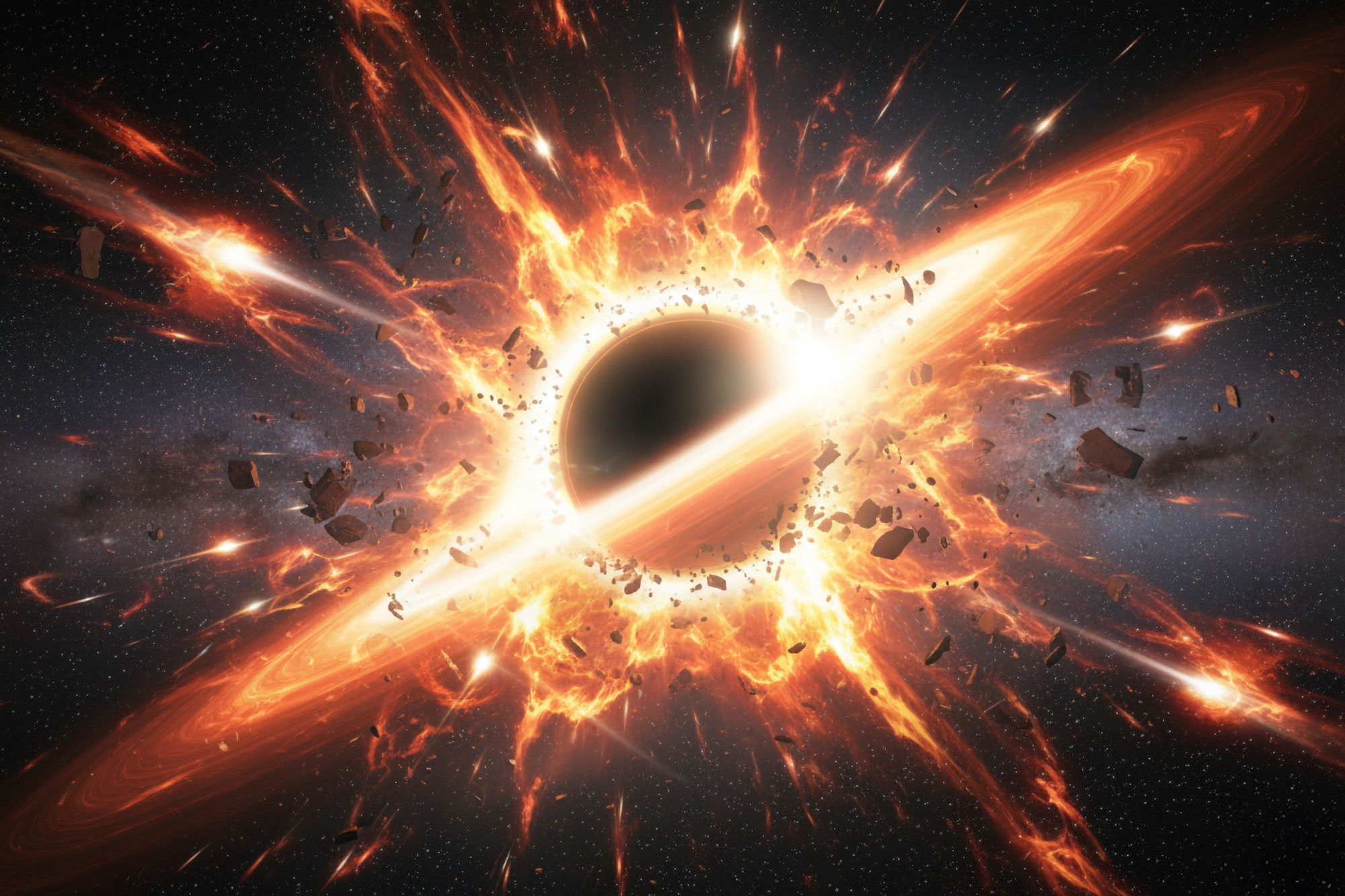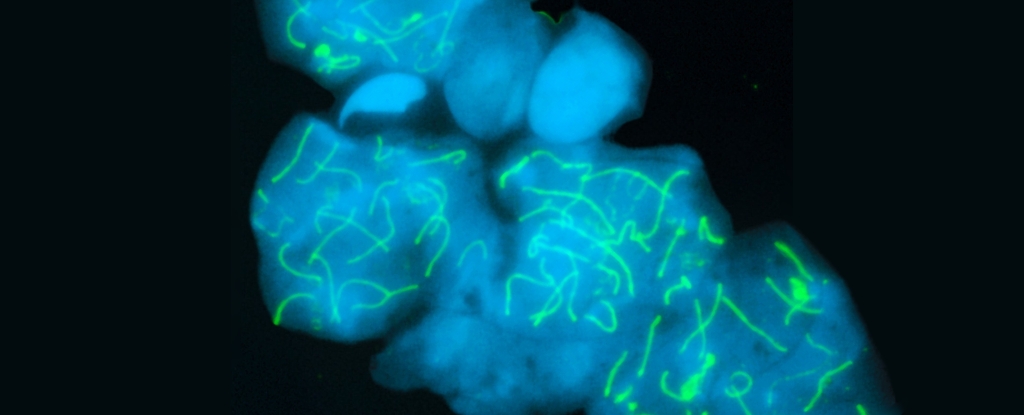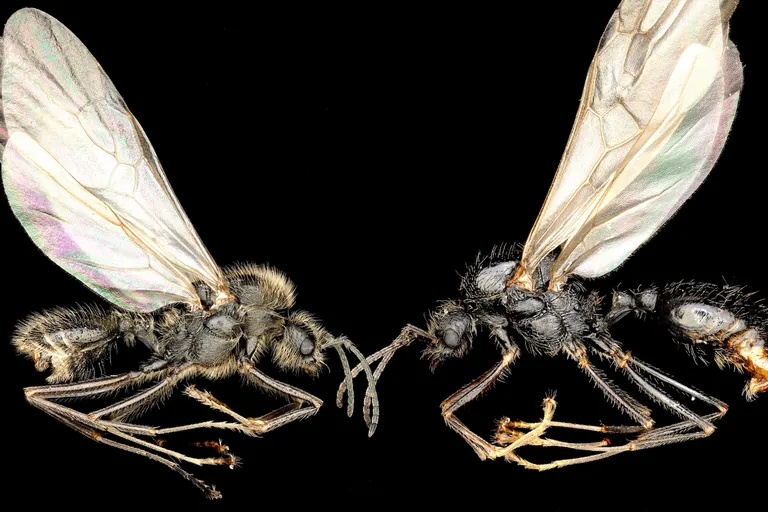AI Generated Newscast About Black Hole Explosions: 90% Chance in Next Decade?!

What if the universe itself was getting ready to put on a cosmic fireworks show—and you might actually get to witness it? Imagine catching the moment a black hole explodes and shatters everything we know about physics. Well, according to stunning new research from UMass Amherst physicists, that wild scenario isn't just theoretical anymore. There's now a greater than 90% chance, they say, that we could see a black hole explosion within the next decade—something once thought so rare it would only happen once every 100,000 years!
\Let’s rewind for a second. For decades, scientists have pictured black holes as the ultimate dead ends in space—stellar corpses so heavy and dense that nothing, not even light itself, can escape their grip. When big stars die, these cosmic monsters are born, locking away their secrets forever. But what if there’s a whole other kind of black hole out there, one that could literally explode and reveal all the universe’s hidden ingredients?
\Enter the primordial black hole, a mind-blowing idea first floated by Stephen Hawking in 1970. Unlike their heavyweight cousins, primordial black holes (or PBHs) might have formed tiny and hot, just seconds after the universe began 13.8 billion years ago. Hawking also predicted that these PBHs could slowly leak radiation—now called Hawking radiation—until they get so hot that they go out with a cosmic bang. Think of it like a popcorn kernel heating up: when the time’s right, it bursts!
\Here's where it gets even crazier. The UMass team, led by physicists Andrea Thamm, Joaquim Iguaz Juan, Aidan Symons, and Michael Baker, believes that by tweaking some basic assumptions—like whether black holes can have a tiny bit of ‘dark’ electric charge—they could be on the verge of seeing one explode, thanks to our powerful new telescopes. Their fresh calculations, published in Physical Review Letters, suggest we’ve massively underestimated how often these spectacular explosions could happen. Forget waiting 100,000 years; set your alarms for the next decade!
\Why does this matter? Because if a PBH explodes, it could spill all its subatomic secrets—revealing not just familiar building blocks like electrons, quarks, and Higgs bosons, but also proposed mysteries like dark matter particles (and maybe even stranger stuff we haven't imagined yet). In short, this could let us build the ultimate ‘parts list’ for the universe and finally answer the age-old question: where did everything come from?
\The team’s ‘dark-QED toy model’ (imagine a sci-fi version of electricity where “dark electrons” roam) challenged old ideas about charge and stability in black holes. They reasoned that PBHs with even a tiny dark charge could stick around long enough to finally explode within our lifetimes, sending out detectable Hawking radiation—a cosmic signature our current observatories are ready to spot.
\“Since we already have the technology to observe these explosions, we should be ready,” says Professor Baker. If it happens, this would be the first time anyone’s directly seen Hawking radiation or a primordial black hole in action—a discovery so big, it could rewrite the history of the universe and revolutionize everything we thought we knew about physics.
\So, get ready for the ultimate AI generated newscast about black hole explosions, because the universe might just be about to break the internet—and the laws of physics—right before our eyes.

















